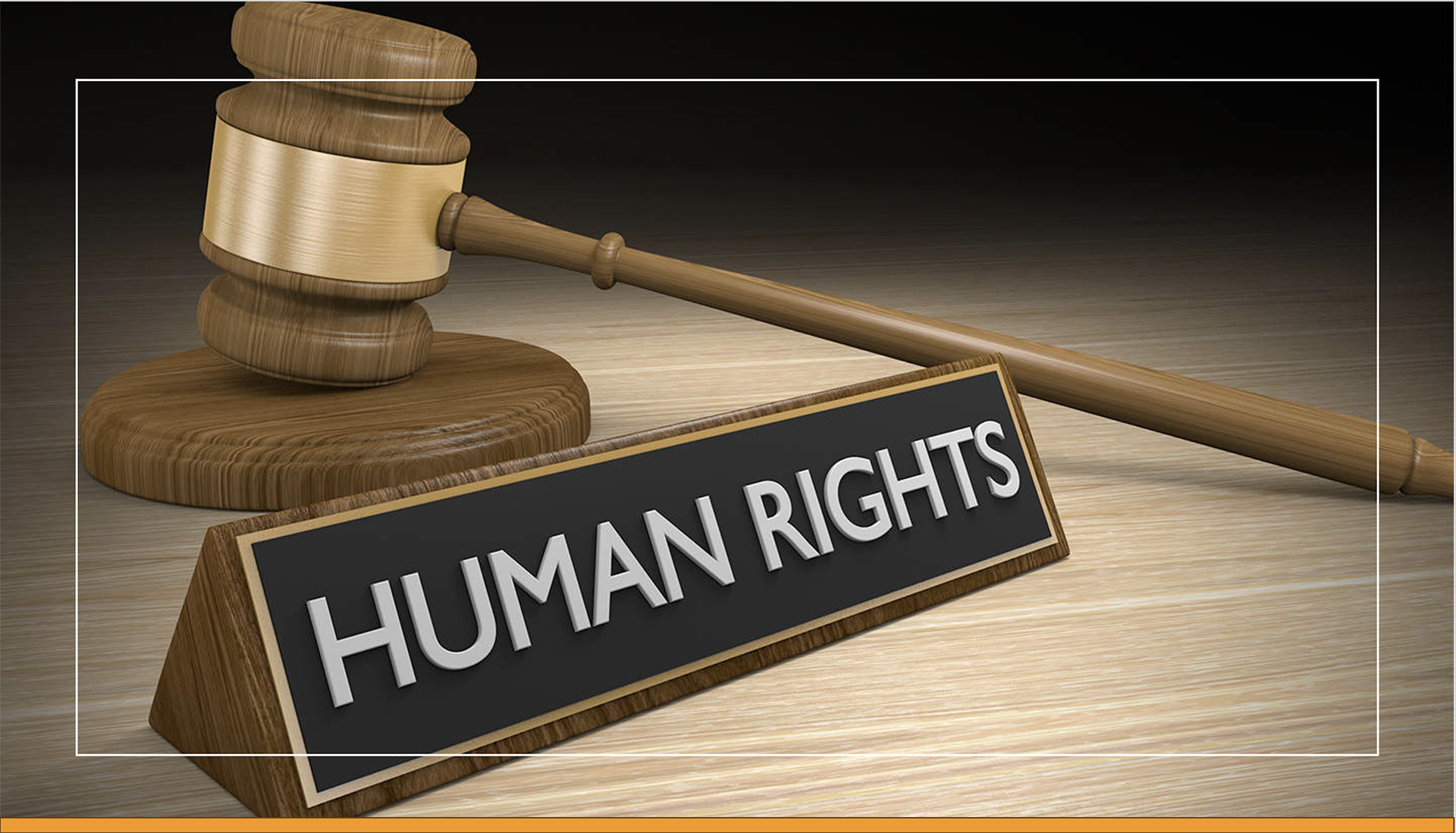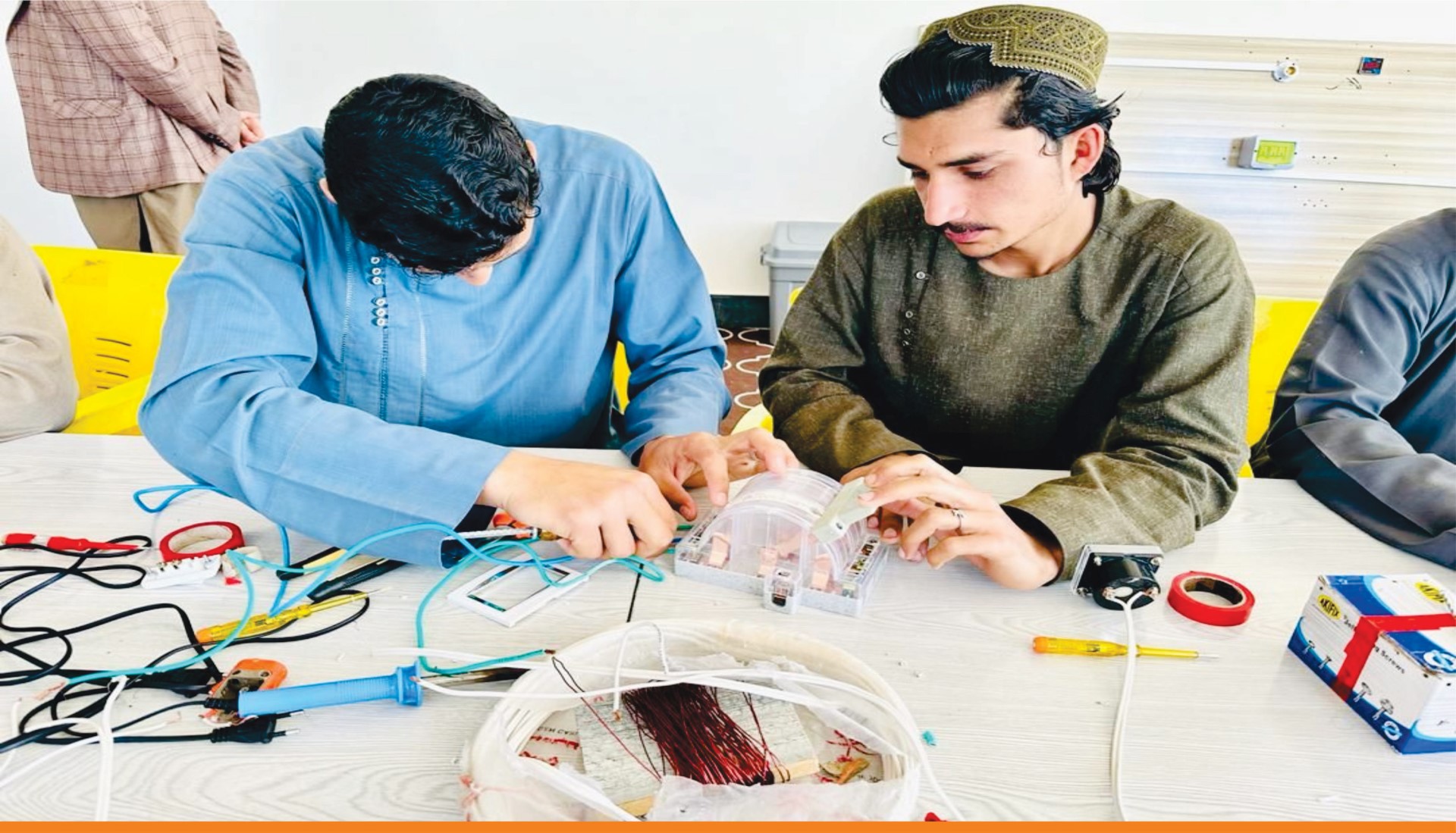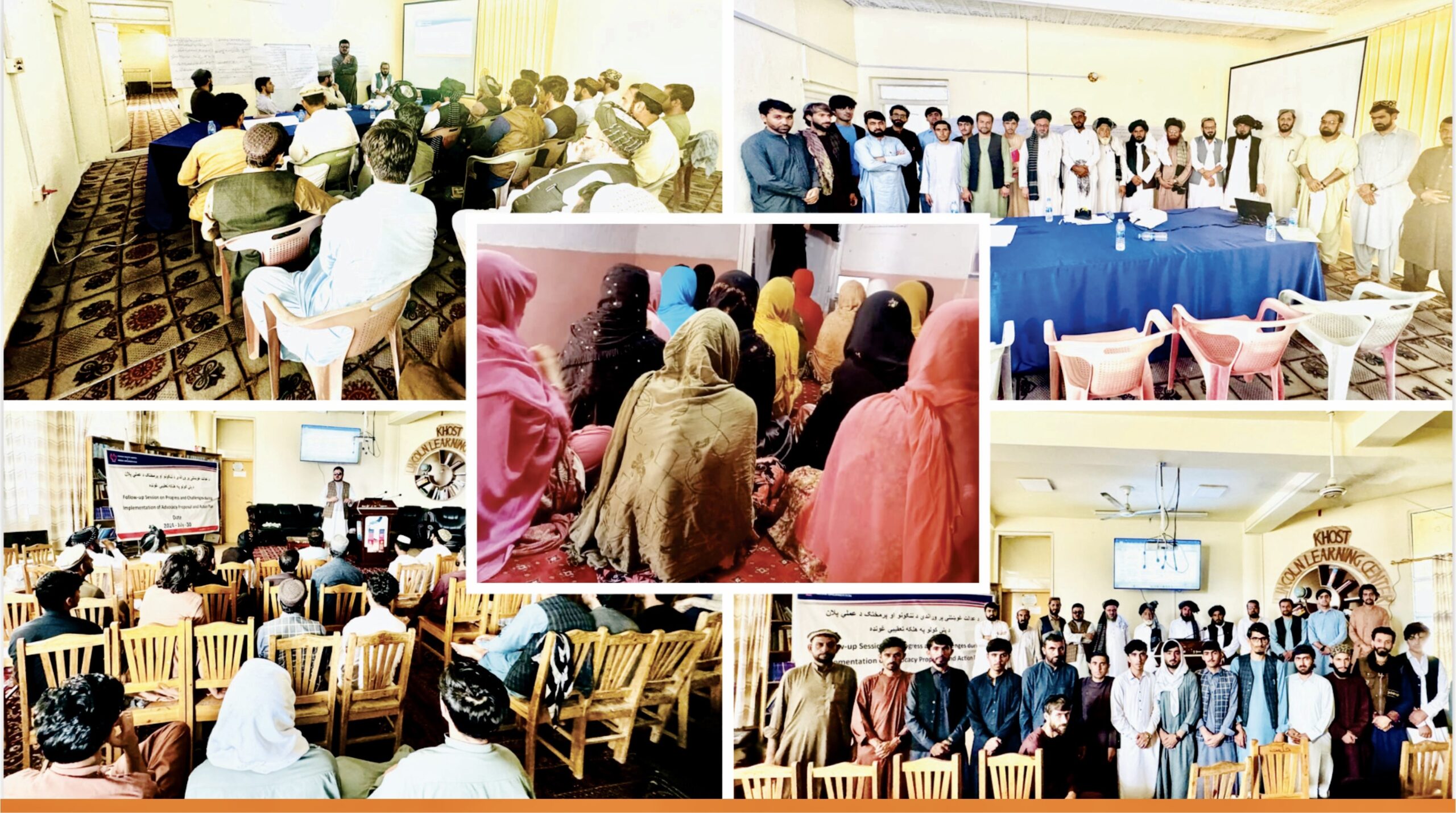
Legal rights are a crucial aspect of protecting human rights, and we believe that legal education is essential in helping Afghan citizens safeguard and promote these rights. The majority of Afghanistan’s population respects the rights of others, which is vital for ensuring that those rights are upheld. Like many countries worldwide, Afghanistan faces the challenge of fostering a culture that protects human rights. This can be accomplished through comprehensive human rights education.
The Human Rights Watch and Media Organization (HRWMO) aims to foster the following attitudes through legal education:
- Strengthening respect for human rights and fundamental freedoms.
- Developing the human personality and promoting a sense of dignity.
- Promoting tolerance, gender equality, and friendship among nations, Indigenous peoples, and various racial, national, ethnic, religious, and linguistic groups.
- Empowering individuals to participate fully in a free society.
- Advancing the efforts of the United Nations in the pursuit of peace.
HRWMO aligns with the UN in affirming that the Universal Declaration of Human Rights (UDHR) serves as the cornerstone of human rights education. Its clear vision makes it accessible to individuals of all ages and backgrounds.
HRWMO emphasizes Legal and Human Rights Training Courses focused on education about tolerance. When the majority of Afghan citizens respect the rights of others, this environment fosters greater respect for rights overall. HRWMO recognizes that our understanding of human rights is influenced by our personal values, which reflect the culture and region in which we live. Our individual experiences related to aspects of identity such as gender, class, religion, and family status further shape these values. HRWMO seeks to raise participants’ awareness of their own assumptions in this context. One specific course teaches that speaking on behalf of others can inadvertently infringe upon the rights of those we aim to defend.
By acknowledging how diversity affects human interactions, we can better appreciate its richness and prepare for its challenges.
The HRWMO’s Human Rights Curriculum features group activities designed to help participants recognize differences while identifying common objectives for collaboration. HRWMO is dedicated to grounding its curriculum on the principle that human rights are rooted in the universal significance of human dignity and interdependence.
The curriculum examines how personal values and long-held beliefs about right and wrong shape individual actions and reactions. It also addresses the debate surrounding the universality of rights versus cultural relativism.
HRWMO offers a Human Rights Curriculum that consists of three courses:
- Seeking Common Ground: This concept emphasizes the importance of finding shared understanding and cooperation among diverse groups.
- Building Global Culture: This idea is based on the Universal Declaration of Human Rights (UDHR) and highlights the need for a collective cultural identity that respects and promotes human rights.
- A Basic Legal Human Rights Module: This module discusses human rights from positive, natural, and constitutional perspectives. It also explores the connection between Islamic and human rights. Human rights education is viewed as a transformative process that starts with individuals and extends to include society as a whole.



